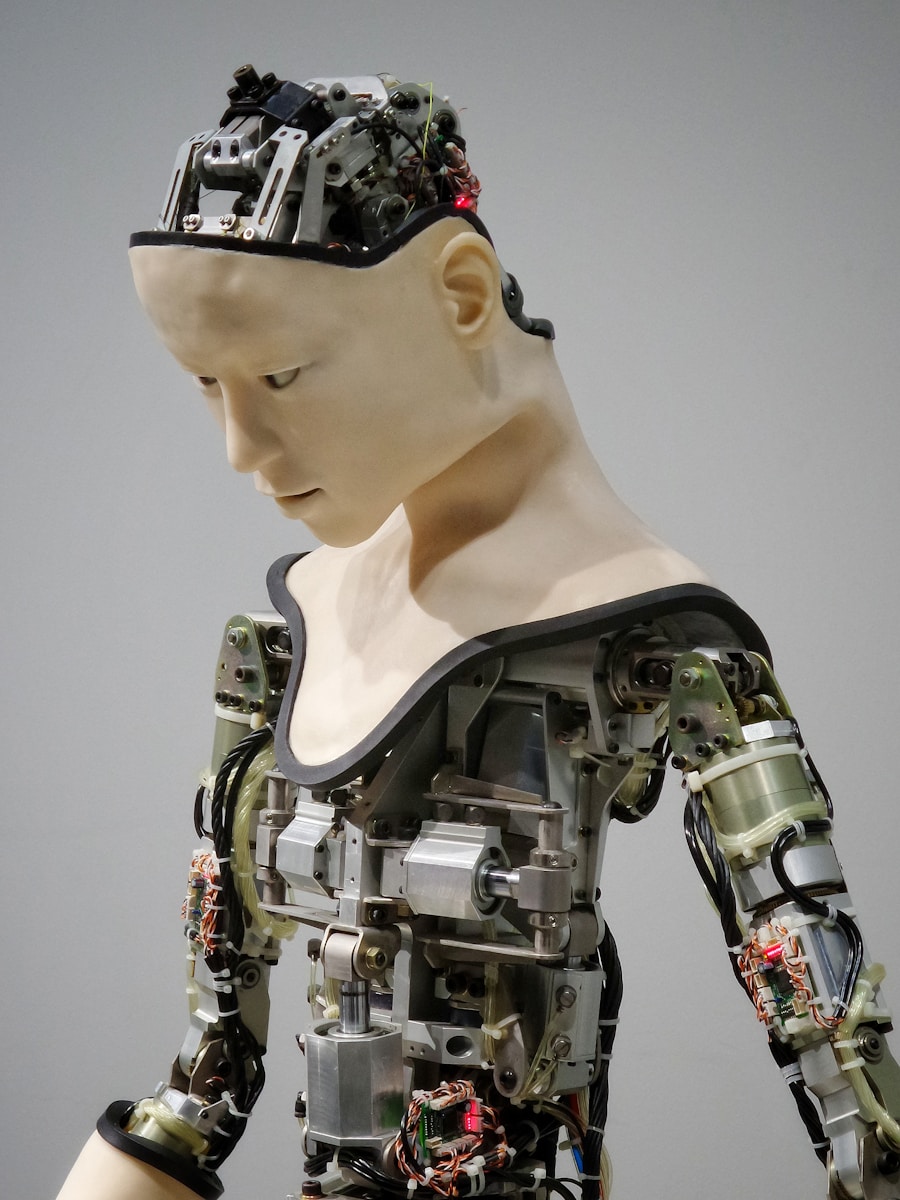In the foreseeable future, Industry 5.0, the fifth industrial revolution, will unfold. The trajectory of the Industrial Revolution has been extensive. The initial phase marked a shift to novel production methods. The second brought about rapid standardization and industrialization alongside technological innovation. These phases reshaped societies, economies, and landscapes. This laid the groundwork for unprecedented advancements in human civilization.
Industry 3.0 initiated manufacturing digitization, introducing computers and automation to streamline processes. This transformation enabled greater efficiency and precision in production. It heralded the dawn of the digital age. Industry 4.0 then emerged. It is seen as the convergence of digital technologies. Such as artificial intelligence, robotics, and the Internet of Things. This era ushered in a new wave of automation and interconnectedness. Altering how industries operate and interact with the world.
What Lies Ahead in the 5th Industrial Revolution
Industry 5.0 will be faster and more scalable. It is the forthcoming disruptive technological revolution. It envisions a future where humans harness robots and intelligent machines. to bolster productivity and economic growth. Workers will reap the benefits of advanced technologies . Among them, the Internet of Things (IoT) and big data. They simplify tasks and fostering safety and collaboration. This symbiotic relationship between humans and machines promises to revolutionize industries. It unlocks unprecedented levels of innovation and efficiency.
The 5th Industrial Revolution aims to empower workers and optimize efficiency. This champions the concept of “cobots”. Humanoid robots collaborating with humans throughout the production process. These cobots will augment human labor. They will also ease knowledge transfer and skill development. This will create a dynamic workforce capable of adapting to evolving demands. Moreover, Industry 5.0 will focus on sustainability and environmental stewardship. It will leverage technology to tackle global environmental issues;
The idea came from Germany’s CeBIT 2017. The concept of “Industry 5.0” emerged as an evolution of Japan’s “Society 5.0”. It emphasizes increased human involvement in industrial automation and smart manufacturing. This collaborative approach to technological innovation reflects a shift towards human-centricity. Technology serves to enhance human capabilities rather than replace them. It’s about a technology that empowers individuals, fosters inclusivity, and promotes shared prosperity.
In the era of Industry 5.0, online casinos will integrate advanced technologies. This will offer personalized and secure platforms. There enthusiasts will enjoy their favorite games like blackjack. All this with unprecedented immersion and convenience.
Human-Centricity in the New Industrial Revolution
At the core of Industry 5.0 lies human-centricity. This emphasize people’s pivotal role in decision-making processes and system design. The industry will go from the dehumanizing tendencies of past revolutions. Industry 5.0 fosters an inclusive ecosystem where technology serves humanity’s needs. This human-centered approach prioritizes ethics, equity, and empathy. It ensures that technological advancements benefit society as a whole.
Industry 5.0 represents a departure from the Industrial Revolution. From the mechanistic view of humans as mere cogs in a machine. Instead, it recognizes the inherent dignity and potential of every individual. It values human creativity, intuition, and emotional intelligence. Industry 5.0 seeks to create workplaces that are efficient and productive. But also fulfilling and enriching for workers.
Industry 4.0 Versus Industry 5.0
Industry 4.0 prioritizes efficiency through digital connectivity and AI.
But Industry 5.0 intertwines competitiveness with sustainability. It reshapes management paradigms and empowering workers through digital integration. Unlike its predecessor, Industry 5.0 prioritizes holistic well-being and social responsibility. The aim is to create value that extends beyond financial metrics. This is a shift towards a more inclusive and sustainable approach to industrialization.
Industry 4.0 focuses on technological efficiency. Industry 5.0 places equal emphasis on environmental stewardship and societal impact. Industry 5.0 seeks to address pressing ecological concerns. It does that by intertwining competitiveness with sustainability. Meaning climate change, resource depletion, and pollution. This paradigm shift reflects a deeper understanding. The understanding of interdependence between economic prosperity, environmental health, and social well-being. Industry 5.0 envisions a future where businesses thrive in the market. It also contributes to the preservation of the planet. And the enhancement of societal welfare. Industry 5.0 aims to create a more resilient and fair world for present and future generations. Achievable through innovative approaches to resource management, circular economy principles, and community engagement.
Preparing for Industry 5.0
Industry 5.0 reorients technological progress towards serving humanity. It accentuates human intelligence in the workplace. It offers personalized job search experiences. It leverages breakthroughs in AI. robotics, and data analytics to enhance talent acquisition and engagement. Moreover, Industry 5.0 emphasizes lifelong learning and skill development. It empowers individuals to adapt to the evolving demands of the digital economy.
As we prepare for Industry 5.0, it is crucial to focus on inclusivity and diversity. This ensures that the benefits of technological advancements are accessible to all. This requires concerted efforts to bridge the digital divide. promote digital literacy, and create opportunities for underrepresented groups in the technology sector. Industry 5.0 has the potential to unlock new possibilities. It will drive sustainable development on a global scale.







